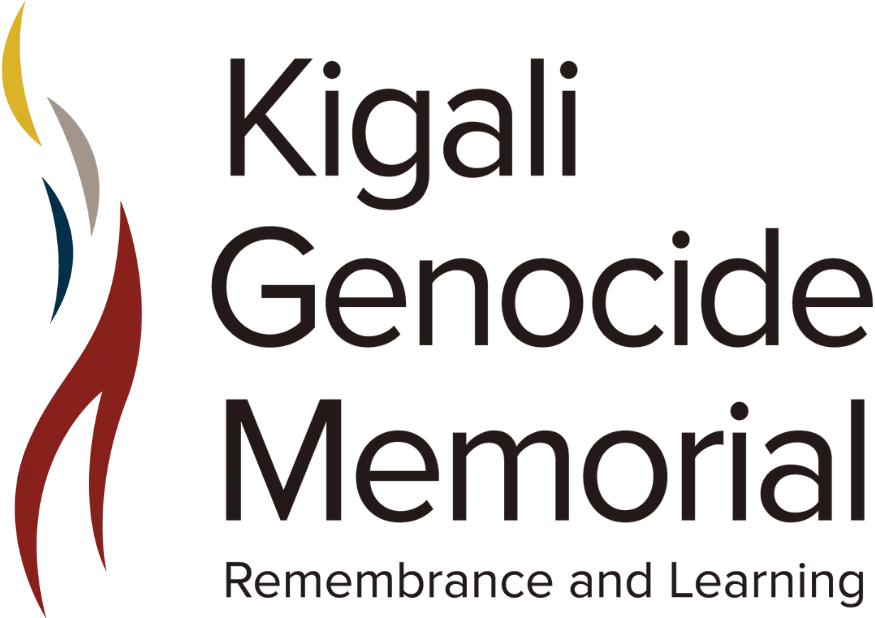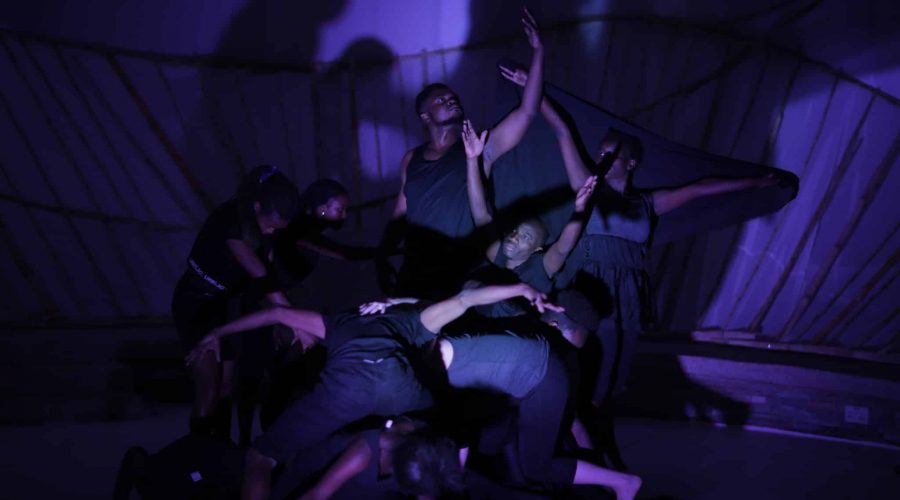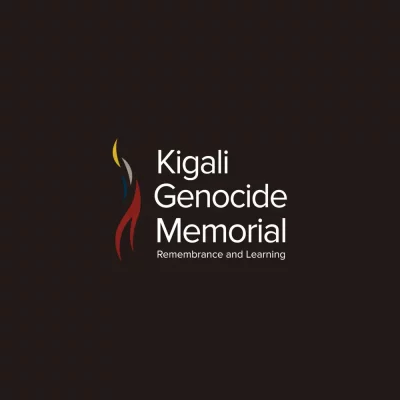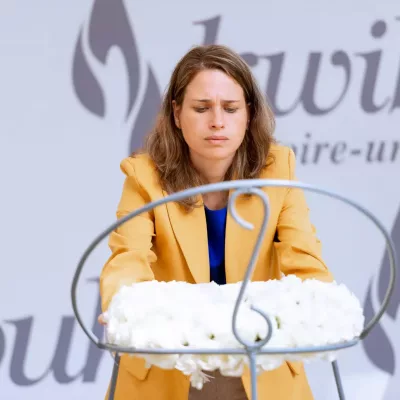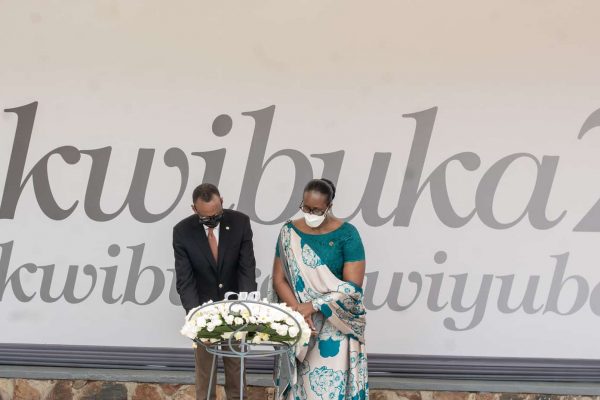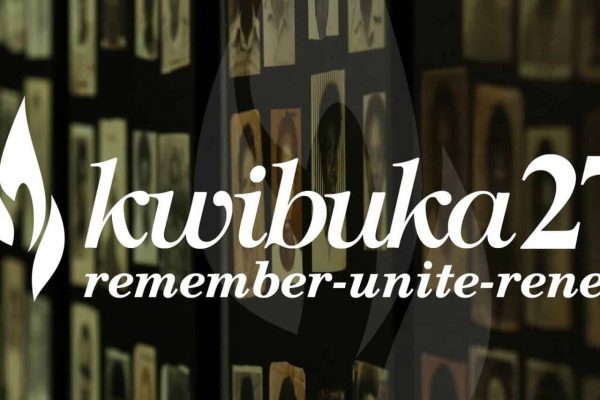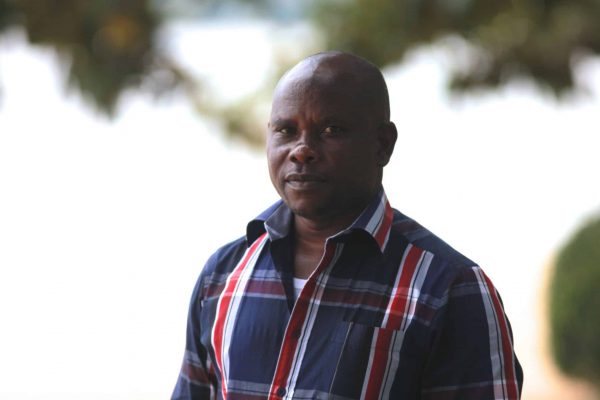The Kigali Genocide Memorial hosted the fifth edition of the Ubumuntu Arts Festival from Friday the 12 to Sunday 14 July 2019. The festival included a series of free workshops and performances that promote the importance and messages of humanity through art, drama, music and dance.
This year’s edition’s theme was “When the Walls Come Down – Truth”. Hope Azeda, Festival Curator, stated in a press release ahead of the festival that this year’s festival seeks to pose questions and share answers about the state of social relations around the world – from inequality and injustice to hate and discrimination.
“Our world is facing indifference and prejudice. Barriers limit communities from free expression and connection. As artists, it is our duty to spread positive thinking and change hearts and minds. We want to inspire the next generation to be peacemakers and empathic leaders. The festival is the perfect space for transformative arts.” said Hope Azeda, Festival Curator.
On his opening remarks, the U.S. Ambassador to Rwanda, Peter Vrooman, a guest of honor at the festival, thanked the organisers of the Festival, the host (Kigali Genocide Memorial), partners and sponsors as well as the incredible performers attending from 16 different nations around the world. He also expressed his joy and confidence in seeing how art can bring people from all corners, races to become one despite differences and together celebrate humanity.
“It is wonderful to see so many cultures, nationalities and all these people gathered today to celebrate humanity. It is evident that Rwanda and his people remain an inspiration to all of us- to work, to be more welcoming and understanding and an inclusive society” said Honorable Vrooman.
This year’s festival stage has welcomed performers from Rwanda, Burundi, Uganda, Kenya, Tanzania, DRC, Austria, Canada, France, Malawi, South Africa, Sri Lanka, Turkey, the US, and the UK.
Through songs, poems, dances, theatre and other forms of performing arts, performers reminded us that walls we struggle with are not only borders of physical aspects and political, but also the ones within. The key message was to act, help each other to shed the layers so that we can be able to see the world with our true self.
Among the highlights of the festival included, “Layers”, performed by a group from Uganda, this is a poetry musical and movement piece centered around inner thoughts of a person suffering from anxiety disorder. The piece is inspired by words of people who suffer from chronic pain, mental health issues like depression & anxiety attacks.
“ESTHER 21”: It is a theatrical original piece created by a team from France on the relationship between the darkest times of the Shoah, the Genocide against the Tutsi and the reconstruction, as well as the role of France in the Genocide.
“Generation 25” a piece by Mashirika in collaboration with Free Radicals from the United Kingdom telling stories on the issues surrounding Rwandan youth born after the Genocide against the Tutsi, and are now 25 years old.
“I am a refugee…But.” This was a homage to all the refugees around the world celebrating their Humanity that tends to be ignored around the world. “The job I work, Talent I have, Love I deserve.” The artists reminded that refugees deserve the same things as the other people around the world deserve. “I don’t have a home, but I have the world.”
Speaking at the Festival, as Representative of the Kigali Genocide Memorial, the host of festival, Mr. Dieudonne Nagiriwubuntu, the Guests Relations Officer at the Memorial, emphasised how important the festival is in supporting the memorial on its mission to rebuilding humanity lost during Genocide.
“It is a great honour to host Ubumuntu Arts Festival at the Kigali Genocide Memorial. The memorial reminds us of Rwanda’s darkest time – when humanity was lost. But it is also a place where we can rebuild our humanity. The festival has been contributing to this journey” said Nagiriwubuntu.
The festival was first held in 2015 and has since taken place annually after the last week of the 100 days commemoration of the Genocide against the Tutsi; the event takes place at the outdoor amphitheater of the Kigali Genocide Memorial Centre.
